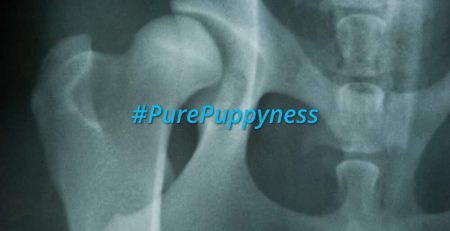Virus-Detecting Dogs
The news has been a-buzz these last few days with articles on Coronavirus-detecting dogs. Medical Detection Dogs, a British charity that specialises in training Medical-Alert Dogs and Bio-Detection Dogs, has started training dogs to use their sense of smell to detect COVID-19.
What is a Bio-Detection Dog?
A Bio-Detection Dog is one that has been trained to detect the scent of certain diseases in biological samples. So far, dogs have been trained to detect cancers, malaria, bacteria, and neurological diseases. If the dog smells the scent that he/she has been trained to look for (for example, the scent of cancer in a sample), he/she can then alert their handler. This can help medical workers make a quicker or more accurate diagnosis, potentially saving lives.
Dogs have a remarkable sense of smell: the charity’s research suggests that a dog can detect even the tiniest traces of smells, equivalent to detecting a teaspoon of sugar in two Olympic-swimming pools!
Although most dogs have an excellent sense of smell, the charity uses breeds with a hunting urge, such as Labrador Retrievers and working Spaniels. These dogs have traditionally been used for hunting or retrieving game, so typically have sensitive noses, and enjoy a day’s work. Training usually takes between 6-8 months, depending on how quickly the dog learns.
COVID-19 Detection Dogs
In light of the COVID-19 pandemic, Medical Detection Dogs is now determining whether it is possible to train dogs to detect this virus. They’ve got plenty of research to back their hypothesis, and are working with some of the top medical schools: the London School of Hygiene and Tropical Medicine (LSHTM) and Durham University. This dream team has already worked together, and were able to prove that dogs could detect malaria by smell.
The Plan
The team has started preparing for an intensive 6-week training period. The goal is to provide a quick and non-invasive method of diagnosing the disease. Using these dogs will also help reduce the strain on the UK’s National Health Service (NHS), also preserving the latter’s limited resources.The team also hopes to work with the UK government to see what role these dogs can play in battling the pandemic.
The Training
Bio-detection dogs are trained to sniff samples and indicate when they have found it (for example, by barking or sitting down near the sample). Dogs can also notice subtle changes in the temperature of the skin, so it’s possible that they could tell whether a person has a fever. Once training is complete, these dogs could be used in public spaces or at ports/airports to sniff for infected people.
The first hurdle will be safely “catching” the smell of the virus, and also safely presenting it to the dogs to smell. If it’s successful, the dogs will be able to help screen people in a non-invasive way, even if these people aren’t showing any symptoms of Coronavirus.
There are some concerns about the safety and welfare of the dogs, but as current research shows that dogs cannot contract nor spread COVID-19, this job is safe for them. For extra security, the dogs will learn the scent of the virus from non-infectious samples, and won’t make direct contact with the people that they are sniffing.
Outside sources
Want to learn more about Medical Detection Dogs? Visit their website: https://www.medicaldetectiondogs.org.uk/
Want to learn more about COVID-19 detection dogs? Visit the charity’s page: https://www.medicaldetectiondogs.org.uk/covid-19-dogs/






















